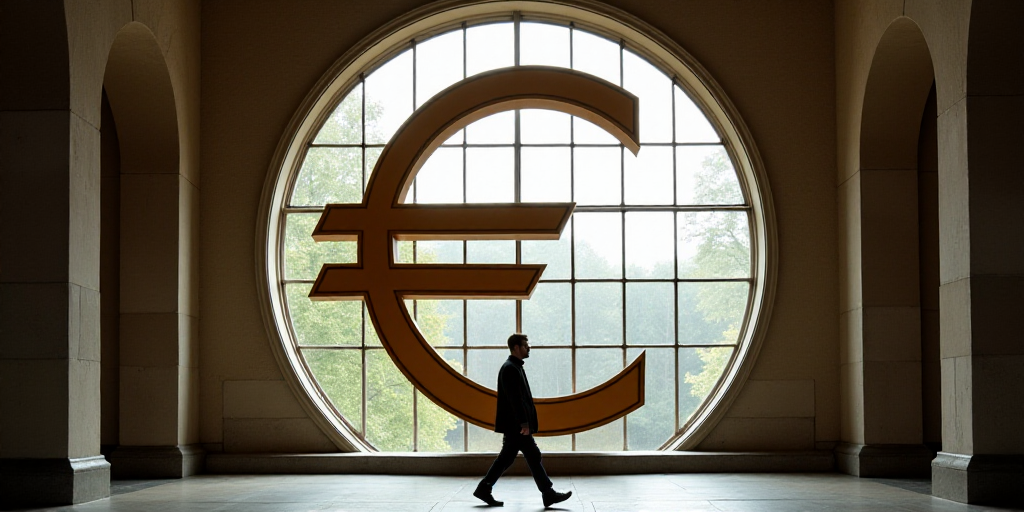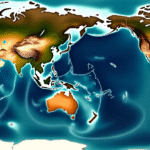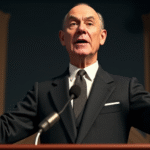Background on Isabel Schnabel and Her Role
Isabel Schnabel, a member of the European Central Bank’s (ECB) Governing Council and one of its most prominent “hawks,” has been advocating for a cautious monetary policy stance. As the member responsible for monetary policy strategy, her opinions carry significant weight within the ECB.
ECB’s Recent Interest Rate Cuts and Future Outlook
The ECB has aggressively cut interest rates for the eighth time in a year to curb inflation, which had risen above the target of 2%. However, the ECB now projects inflation to be only 1.6% for the following year, raising concerns among other ECB officials.
Mario Centeno, the governor of Portugal’s central bank, has expressed worry that inflation might slow down too much. Meanwhile, Isabel Schnabel suggests shifting the ECB’s focus to potential new “shocks,” such as a global trade war initiated by US President Donald Trump’s administration against its trading partners.
Impact of Tariffs and Trade Tensions
Schnabel cites academic research indicating that a 1% increase in global production costs could lead to an average 0.2% rise in national production prices among major economies.
“Even without retaliation, tariffs are likely to be inflationary, and even more so if there are retaliations,” she explains.
As an example, Schnabel points to China’s decision to restrict exports of rare earths, compelling car manufacturers and their suppliers to halt production of certain models.
China has pledged to expedite the approval process for rare earth exports to EU companies in response.
Additionally, an ECB study shows that the impact of so-called “trade diversion” – Chinese producers excluded from US markets flooding European markets with their goods – is minimal. Schnabel asserts that if these effects were significant, the European Commission would take countermeasures.
Global Trade Tensions Affecting All Economies
Schnabel emphasizes that trade tensions will impact all economies, thereby limiting the divergence between ECB and US Federal Reserve monetary policies.
“I expect this trade conflict to manifest as a global shock affecting both demand and supply, which in turn will influence inflation,” she said at a conference organized by the Croatian central bank.
Divergent Views Among Central Bank Officials
Megan Greene, the monetary policy responsible person at the Bank of England, presents a contrasting view. She believes that trade fragmentation will help reduce inflation in the UK, providing the Bank of England with an “opportunity for monetary policy divergence in the future.”
Key Questions and Answers
- Who is Isabel Schnabel? Isabel Schnabel is a member of the European Central Bank’s Governing Council and one of its prominent “hawks,” advocating for a cautious monetary policy stance.
- What is the current inflation rate projection by the ECB? The ECB projects inflation to be 1.6% for the following year, which has raised concerns among other ECB officials.
- What are the potential impacts of US tariffs on global trade? Tariffs could lead to increased production costs, potentially causing inflation. Trade tensions may also negatively affect global economies, limiting divergence between ECB and US Federal Reserve monetary policies.
- What are the differing views among central bank officials regarding trade tensions? While Isabel Schnabel emphasizes the need for caution due to potential trade-related shocks, Megan Greene from the Bank of England sees an opportunity for monetary policy divergence due to reduced inflation resulting from trade fragmentation.






